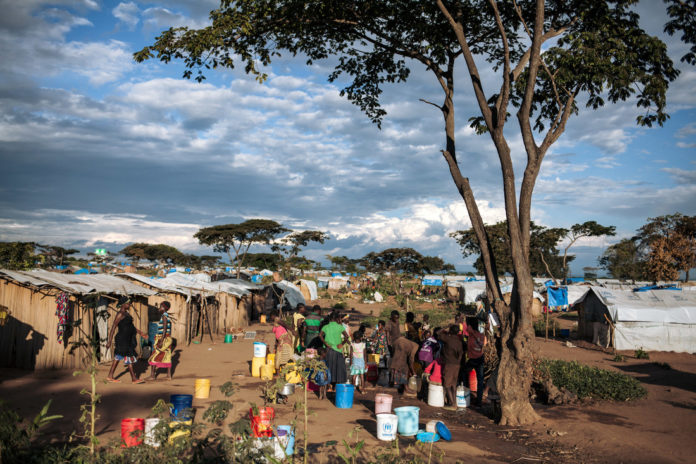
Oxfam today called for a package of nearly $160 billion in immediate debt cancellation and aid to fund a global emergency and public health response to help prevent millions of deaths as a result of the Coronavirus.
The funding would enable poor countries to take action to prevent the spread of the disease and improve health systems to care for those affected.
The pandemic has caused widespread suffering in rich countries, overwhelming some of the best healthcare systems in the world. But with the disease now spreading to many poor countries where high levels of poverty and inequality risk accelerating the disease, the public health challenges are even greater. In Mali there are just three ventilators for one million people. In Zambia, one doctor for 10,000 people.
Nearly three billion people across the developing world do not have access to clean water, millions more do not have adequate healthcare and live in crowded slums or refugee camps where social isolation is impossible. As women make up 70 per cent of health workers and carry out most unpaid care work, it will hit them the hardest.
Danny Sriskandarajah, chief executive, Oxfam GB said:
“Coronavirus is bringing misery and suffering to rich and poor. But for millions of people in overcrowded refugee camps without clean water, already weakened by hunger and disease, and in countries with little or no health facilities the impact could be catastrophic.
“Just as our collective efforts in the UK are rightly focused on helping those who are currently feeling the terrible brunt of the virus, it is critical that we act to prevent its spread unchecked amongst the poorest and most vulnerable countries.”
Imperial College estimates that without urgent action the Coronavirus could have caused as many as 40 million deaths in the coming year, with poorer countries facing a higher burden. Oxfam calculates that doubling the health spending of the 85 poorest countries, home to nearly half the world’s population, would cost $159.5 billion. This is less than 10 per cent of the US fiscal stimulus to fight Coronavirus. While some donor institutions have begun to increase funding, the scale is not yet anywhere near the immense size of the challenge.
Governments including the UK must also urgently fund the UN’s $2 billion appeal to meet the desperate need now emerging in countries like Syria and Yemen already suffering from major humanitarian crises.






